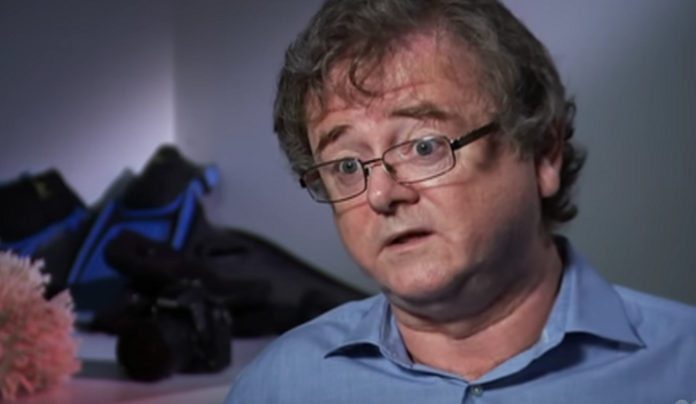News of the Great Barrier Reef dying came as a shock to the world. One of the largest ecosystems in the world had its obituary printed and it’s not coming back. Once coral bleaching occurs, it becomes nearly impossible to save the reef. That means the solutions to coral bleaching must be proactive in nature. Here are the ways we can all make a difference starting right now.
1. Conserve water.
If we use less water, then there is a lower risk of sending wastewater or runoff into the waters that support coral reefs. Less pollution means a lower risk of a bleaching event.
2. Reduce emissions.
Fossil fuels create emissions, such as carbon dioxide, that affect the temperature of ocean waters. Higher temperatures or temperature swings may contribute to the bleaching process. Without emission controls, the risk of future mass bleaching events will continue to rise.
3. Know what products you use every day.
Just because you don’t live near a coral reef doesn’t mean your decisions won’t affect them. If you use fertilizers, herbicides, pesticides, or similar products, then these products can enter the water system, eventually reach the ocean, and harm the coral reefs.
4. Pick up the beach.
Leaving trash at the beach will pollute local water supplies. If you like to walk the beach, bring along a trash bag so you can remove any garbage that the high tide may have deposited. Once the waves come back and pick up the trash again, you never know where it might end up.
5. Plant a tree.
Trees help to reduce carbon dioxide at the local levels. Even planting just one tree can make a small, but positive difference in the world today.
6. Practice responsible diving, snorkeling, and boating activities.
If you touch a coral reef, then you will potentially damage this fragile ecosystem. Just one bit of damage can be enough to cause stress in the reef and begin the bleaching process. Look for a clear sea floor to set an anchor. Never touch a reef when diving and snorkeling. By being responsible with these activities, we can help to promote life within our surviving reefs.
The solutions to coral bleaching are not dramatic steps we must take. With simple lifestyle changes, we can make a meaningful and proactive difference. This way we can preserve our remaining coral reefs for future generations to enjoy.
Crystal Lombardo is a contributing editor for Vision Launch. Crystal is a seasoned writer and researcher with over 10 years of experience. She has been an editor of three popular blogs that each have had over 500,000 monthly readers.


















